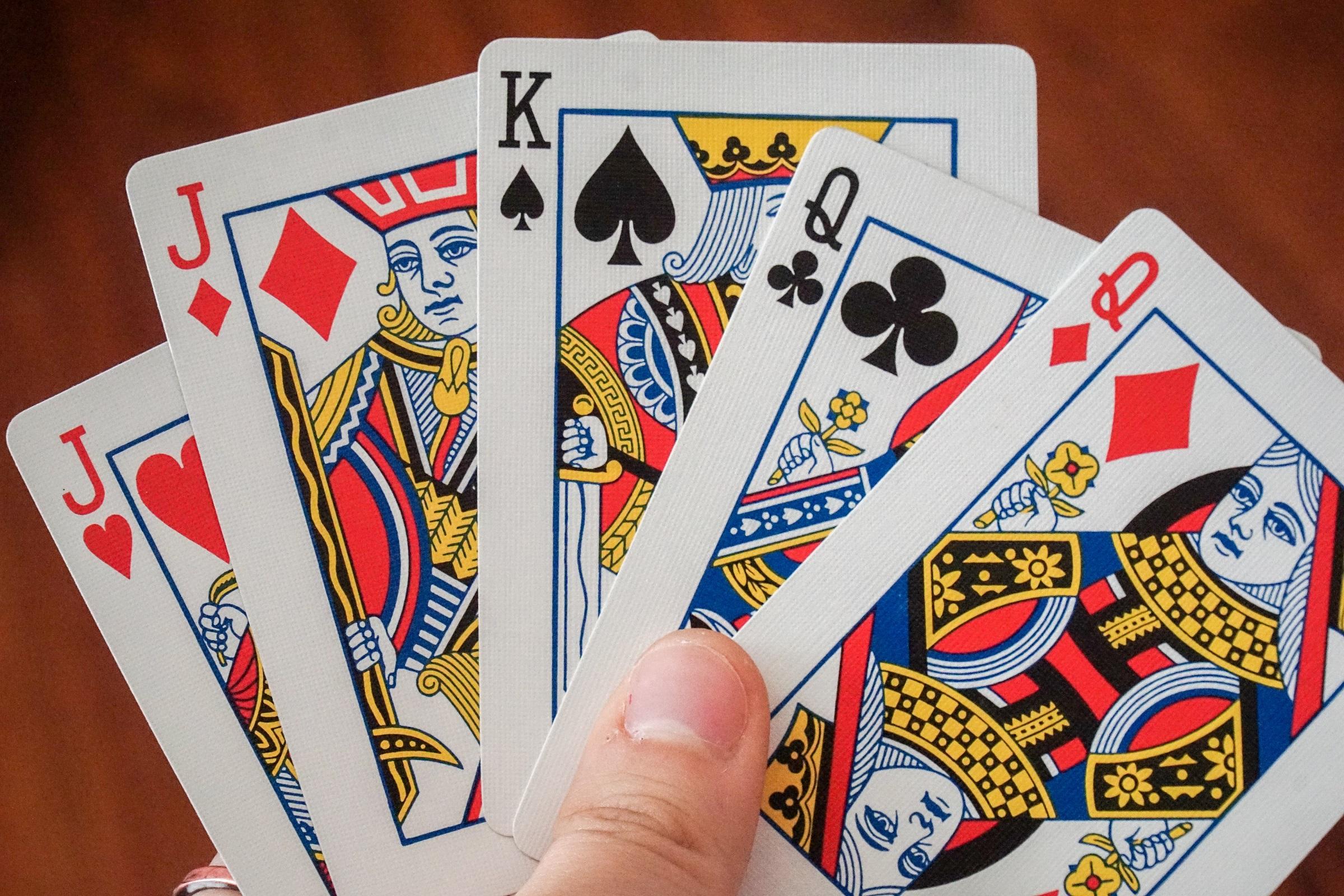


Is It Healthy For My Kids To Play Card Games?
23 September 2023
There are a huge range of card games out there, and on the whole, yes, they’re healthy for children and can even be educational. While you may associate card games with gambling or drinking alcohol, this is just one aspect of the huge variety of games and activities using playing cards. It’s possible to get playing cards with pictures on the reverse side that are inappropriate for children, or games that use custom cards that are unsuitable, such as Cards Against Humanity, however these will generally be marked on the game box with a minimum age. When it comes to regular playing cards, there are in fact many benefits children can gain from playing.
Develop problem-solving skills
Some card games rely on pure luck or fast reflexes, like Snap, but in order to win at most card games, players must use strategy and critical thinking to outwit their opponents. This requires them to consider all possible outcomes of their moves and calculate the risks and rewards of each option. Over time, this type of thinking will become second nature to your kids and will benefit them in other areas of their lives - including schoolwork.
Improves social skills
Card games are very social activities and require kids to interact with others - taking turns, following rules, etc. They also learn how to handle winning and losing gracefully. Card games can be played with people of all ages, so children can bond with grandparents and other adults and learn how to interact with them. These are all important social skills that will serve your kids well both now and in the future.
Boosts memory and concentration
While sports give your kids physical exercise, playing card games can give their brains exercise. They have to remember what cards they have in their hand, what cards have been played, and what the possible moves are. This helps to improve their memory and concentration skills. Pairs is a great game to try with younger kids to help them improve their visual memory and sense of object permanence.
Improves hand-eye coordination
Snap and Slapjack are two examples of fast-paced card games that are great for improving hand-eye coordination, as players have to be fast to slap the top of the pile of cards when they see a match. Holding and organising a hand of cards requires coordination, as does shuffling the deck.
A fun and educational activity
Card games can teach kids important skills such as counting, strategy, and problem-solving, as the cards have numbers on them and often have additional values to them determined by the game. Unlike practising arithmetic from a maths book, card games are fun, and children may not even realise they’re using their maths skills.
As you can see, there are many benefits to playing card games for kids. Not only can it be a fun activity for the whole family, but it can also help with problem-solving skills, social skills, memory, concentration, and hand-eye coordination. So if you're looking for a healthy activity for your kids, consider playing some card games together.
